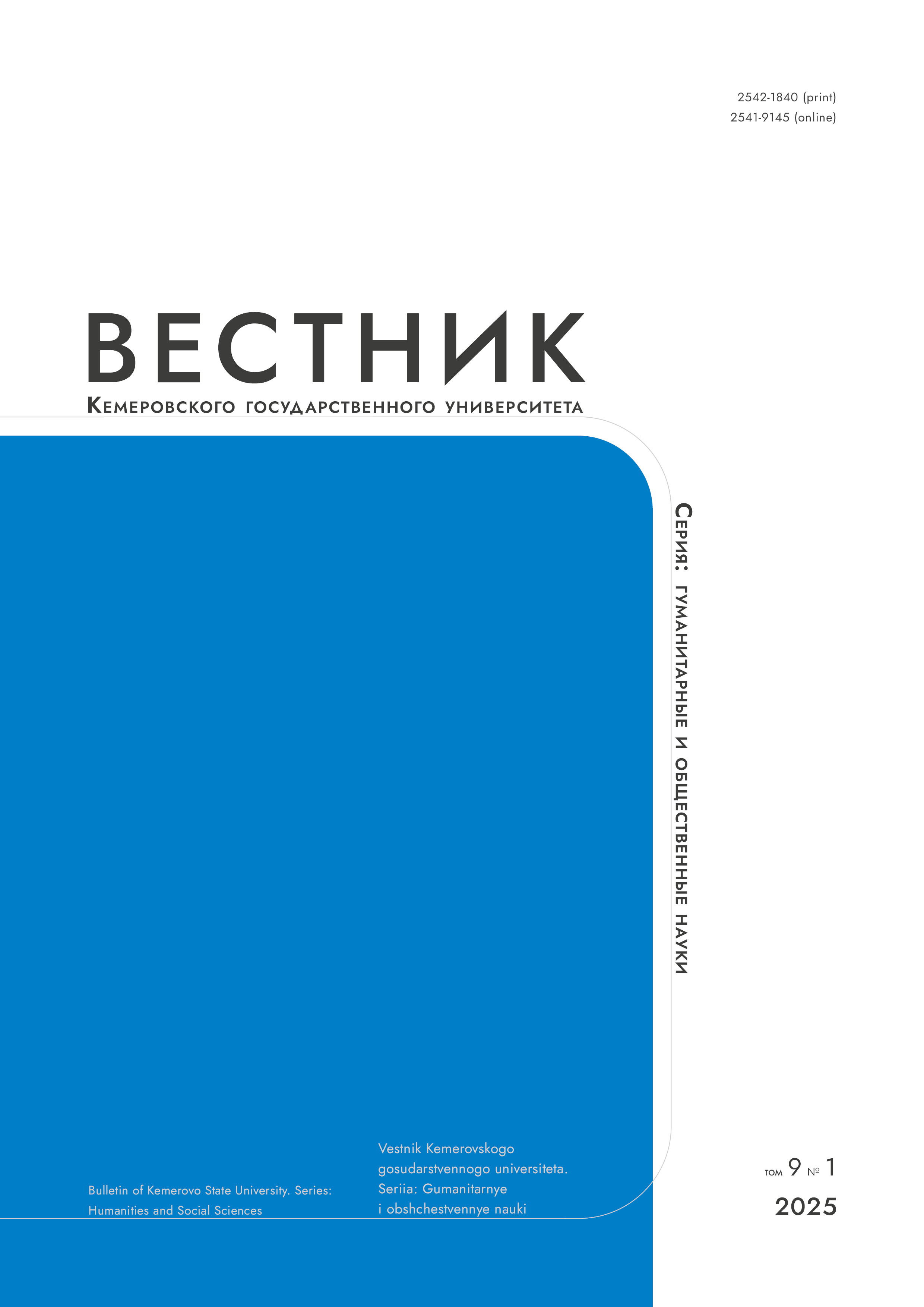from 01.01.2018 to 01.01.2020
Kemerovo, Kemerovo, Russian Federation
UDC 34
The research features the institution of relocation of an employee to another employer for permanent position. The author compares the legal status of the relocated employee and the employee with a labor contract. According to the Labor Code of the Russian Federation, an employee relocated to a full-time job is placed in an unreasonably privileged position in comparison with those who resigned and were routinely hired for a new job. Resignation and relocation do not have significant substantive differences, as well as the routine employment procedure and relocation. However, the law establishes two significant advantages for the relocated employee. First, the new employer is obliged to sign a labor contract with the relocated employee within one month from the date of dismissal. Second, the position is reserved for the relocated employee, even if it is still occupied by another employee who is in the process of dismissal. Therefore, the law denies the resigning employee the right to withdraw the application. This situation is unacceptable as it violates the rights of employees, because the artificially allocated category of relocated employees gets unjustified privileges from the employer. As a result, there is a discrimination of the overwhelming number of employees hired in the general manner, including those who signed a contract with a delayed start date. The author proposes to exclude from the Labor Code of the Russian Federation the norm on relocation of an employee to a permanent job to another employer, as well as the related norms in Articles 64, 70, and 77. The norms do not fit into the current socio-economic conditions and comply neither with international nor with Russian laws. In order to stimulate the parties to pre-register an employment contract, the author proposes to establish job guarantees that are currently applied to relocated workers for those with a labor contract with a postponed date.
relocation of an employee, transfer to another employer, dismissal by relocation, admission in the relocation order, a job invitation, a written invitation, a job offer, job security
1. Nevezhina M. V. Prohibition of discrimination in the sphere of labor relations. Journal of Russian Law, 2017, (4): 83-90. (In Russ.) DOI:https://doi.org/10.12737/article_58e39ece856fb2.16965220
2. Rodionova E. Yu. To a question of discrimination against women in the Russian Federation. Vestnik Moskovskogo universiteta MVD Rossii, 2015, (9): 176-178. (In Russ.)
3. Kolos I. E. On the issue of discrimination against women in employment. Science Time, 2016, (2): 285-289. (In Russ.)
4. Kuznetsova V. V. The problem of women's discrimination in labor relations in Russia. Humanities scientific research, 2015, (3): 98-100. (In Russ.)
5. Dubovichenko S. V., Karlov V. P. Unreasonable refusal in employment or unreasonable dismissal of a person who has reached pre-retirement age: a comment and critical analysis. Vestnik Volzhskogo universiteta im. V. N. Tatishcheva, 2018, 2(4): 160-169. (In Russ.)
6. Velichinskaia S. A. The problem of employment of the senior citizens. Systemic development of human resources in Russia today. Moscow: Kompaniia KnoRus, 2019, 28-32. (In Russ.)
7. Petina O. E. Age discrimination in employment. Generation of the Future: The View of Young Scientists - 2018: Proc. 6th Intern. youth Sci. Conf., Kursk, November 13-14, 2018, ed. Gorokhov A. A. Kursk: IuZGU, 2018, vol. 2, 221-224. (In Russ.)
8. Unzhakova E. A., Beldina O. G. Discrimination in the field of labor relations. Human Progress, 2016, 2(3). Available at: http://progress-human.com/images/2016/%D0%A2om2_3/Unzhakova_Beldina.pdf (accessed 01.10.2019). (In Russ.)
9. Redkov N. A. Discrimination in the working sphere. Vestnik Kostromskogo gosudarstvennogo universiteta, 2018, 24(2): 333-337. (In Russ.)
10. Smolina Yu. V. Discrimination at work: some problems and solutions. Evrazijskaya advokatura, 2018, (4): 54-58. (In Russ.)
11. Vinokurova A. A. Legal nature of "job offer" in labor law. Alleiz nauki, 2018, 4(8): 693-696. (In Russ.)
12. Fedoranich S. Legal force job offer. EZh-Iurist, 2017, (13). Available at: https://www.eg-online.ru/article/340568/ (accessed 01.10.2019). (In Russ.)
13. Balitskiy K. S. The evolution of a labour-law framework of transferring the employee to another job. Electronic supplement to the Russian Juridical Journal, 2015, (5): 50-58. Available at: http://electronic.ruzh.org/?q=ru/system/files/Balitzki.pdf (accessed 01.10.2019). (In Russ.)
14. Savin V. T., Savin S. V. Legal regulation of an employee’s transfer to a permanent job to another employer. Gaps in Russian legislation, 2016, (3): 159-166. (In Russ.)
15. Chikanova L. A., Nurtdinova A. F. The practice of applying legislation governing the conclusion, amendment and termination of an employment contract. Appendix to the journal Business and Law. 2013, (1): 64. (In Russ.)
16. Zavgorodniy A. V. Comment by A. V. Zavgorodniy on the article by E. Tarasova "Dismissal is a delicate matter" ("UP" No. 11'2011). Trudovoe pravo, 2012, (4): 87-98. (In Russ.)
17. Bugrov L. Yu. Permanent transfer to work with another employer. Rossiiskii ezhegodnik trudovogo prava, 2010, (5): 179-194. (In Russ.)
18. Kulaeva N. S. Relocation to another job in a budgetary institution. Bukhgalterskii uchet v biudzhetnykh i nekommercheskikh organizatsiiakh, 2008, (4): 14-23. (In Russ.)
19. Lushnikova M. V., Lushnikov A. M. Labor law course. Moscow: TK Velbi; Prospekt, 2004, vol. 2, 1152. (In Russ.)
20. Bondarenko E. N. Legal facts in the employment relationship. Barnaul: Izd-vo Alt. un-ta, 2005, 224. (In Russ.)


















